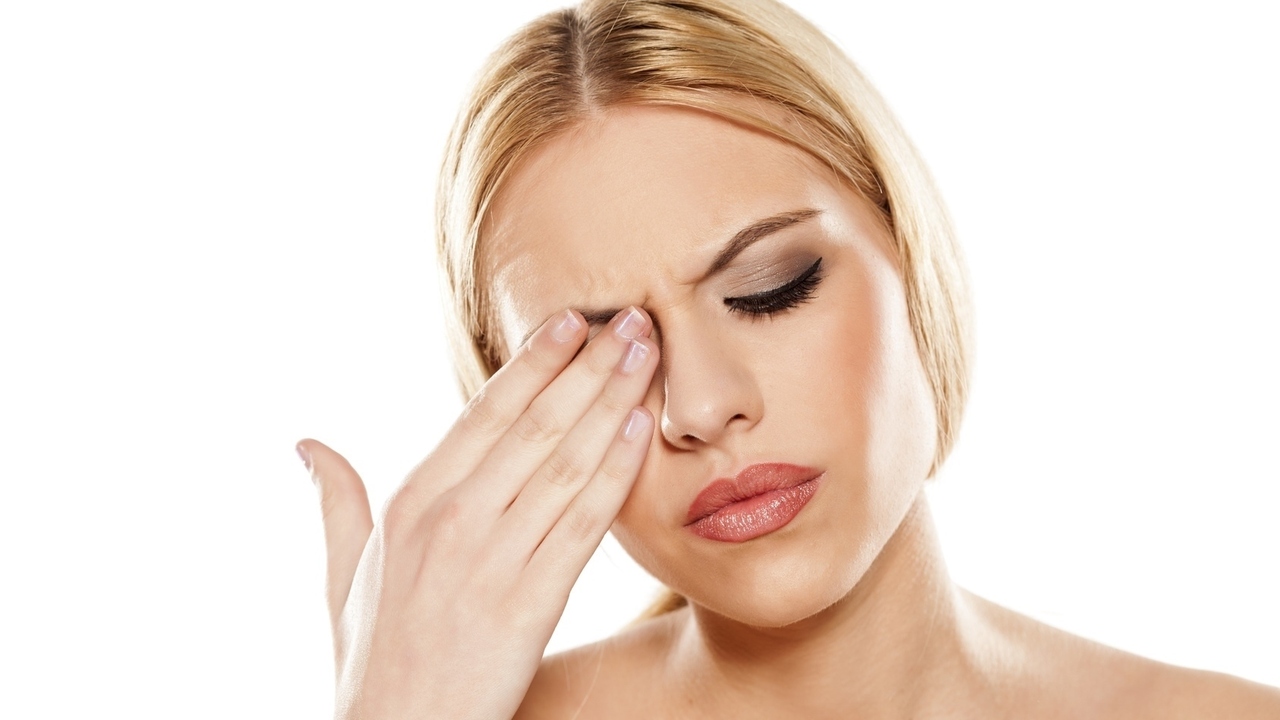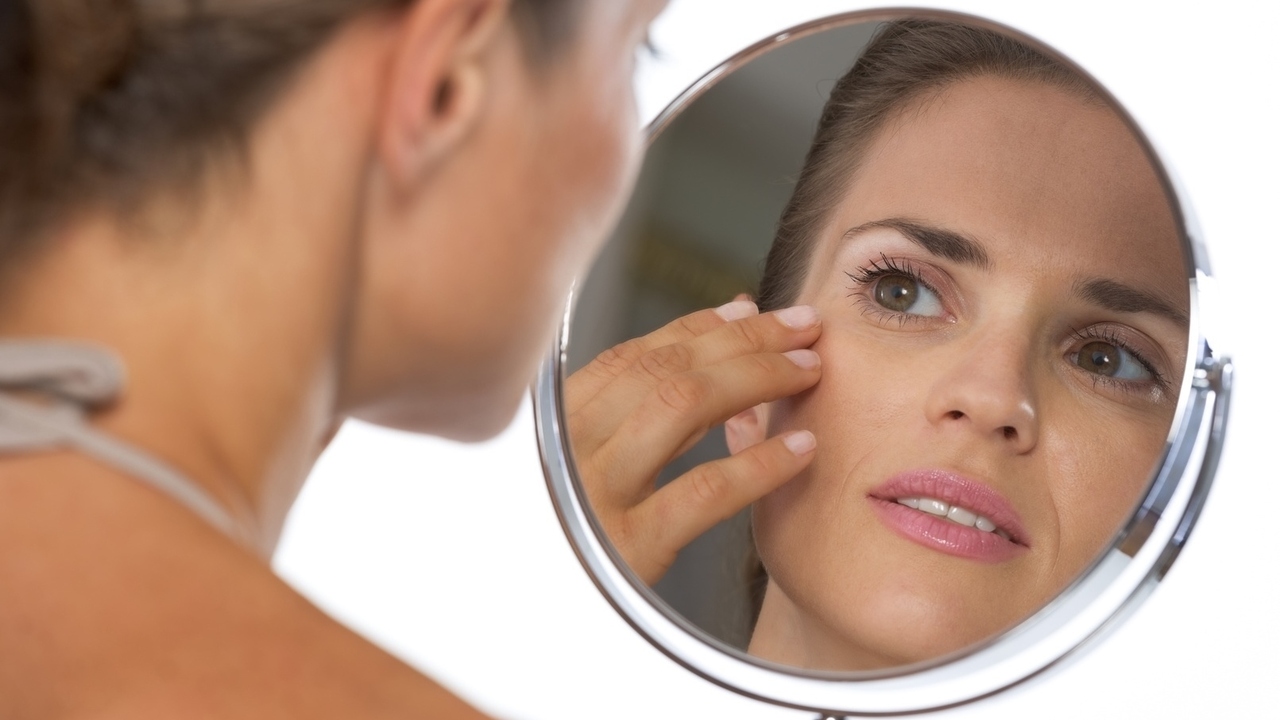Too much ultraviolet light from the sun or artificial sources can harm your eyes as well as your skin. Good quality sunglasses offer protection. The Mayo Clinic recommends that when you buy sunglasses, you should look for product labeling that specifies UV protection. Quality products should block at least 95 percent of UVA and 99 percent of UVB light. I have wrap-around sunglasses that fit over my regular prescription glasses, and these offer the best protection for light from different angles.
The medical community has been slow to recognize the importance of UV protection for the eyes. As late as 2001, the medical literature was not very supportive. Here's a quote from Reference 3: “controversy still surrounds the question of whether the levels of natural and man-made light sources are damaging when encountered under normal viewing conditions.” No wonder the manufacturers of sunglasses often leave out UV protection. If the label doesn't specify how much UV light is blocked, then the Mayo Clinic recommends you buy a different brand.
Protective goggles are required for sources of artificial UV light, including welding equipment and tanning booths. I have written before about the benefits of UV light for conditions such as skin rashes, nasal allergies, and autoimmune disorders. There appears to be a “Goldilocks zone” for sunlight on the skin: not too much, not too little, but just right. But so far I have not seen any benefits of UV light in the eyes, so diligent protection makes sense.
I can remember when I was much younger, some people discouraged the use of sunglasses. These folks said the eye muscles that control the size of the iris would get weak if they were not exercised in bright sunlight. Today, this idea appears to be a strange myth. UV radiation has been linked to cataracts, macular degeneration, pterygia, and photokeratitis.
We get the most sun exposure around the time of the summer solstice, June 21. So get those UV protection sunglasses, and enjoy the summer in good health!
References:
1. Mayo Clinic information on choosing sunglasses:
http://www.mayoclinic.com/health/uv-protection/an00832
2. More online information on sunglasses:
http://www.allaboutvision.com/sunglasses/spf.htm
3. Sliney DH, “Photoprotection of the eye – UV radiation and sunglasses”, J Photochem Photobiol B. 2001 Nov 15; 64(2-3): 166-75.
4. Tuchinda C et al, “Photoprotection by window glass, automobile glass, and sunglasses”, J Am Acad Dermatol. 2006 May; 54(5): 845-54.
5. Phototherapy for skin rash:
https://www.empowher.com/skin-hair-nails/content/why-tanning-beds-clear-skin-rashes
6. Phototherapy for nasal allergies:
https://www.empowher.com/hay-fever/content/phototherapy-nasal-allergy-symptoms
7. Phototherapy for autoimmune symptoms:
https://www.empowher.com/multiple-sclerosis/content/sunlight-reduces-autoimmune-symptoms
Linda Fugate is a scientist and writer in Austin, Texas. She has a Ph.D. in Physics and an M.S. in Macromolecular Science and Engineering. Her background includes academic and industrial research in materials science. She currently writes song lyrics and health articles.




Add a CommentComments
There are no comments yet. Be the first one and get the conversation started!